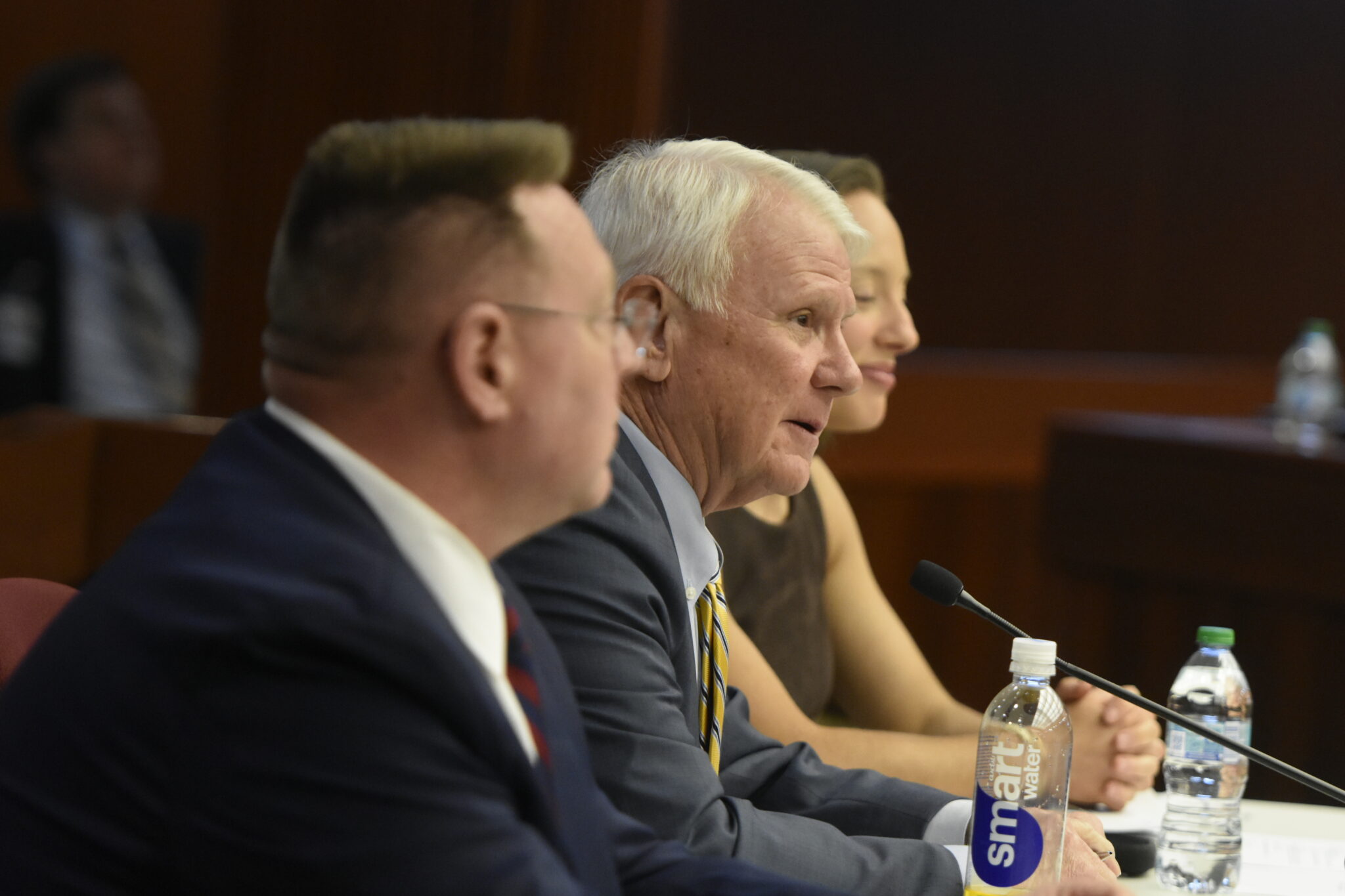Transgender Athletes Blocked: Georgia Committee Advances Controversial Sports Ban

In a heated legislative session, the Georgia House committee has moved forward with a controversial bill that aims to define and protect women's sports, sparking intense debate about transgender athletes' rights. Speaker Jon Burns champions the legislation as a crucial safeguard for female athletes, while critics argue the bill unfairly targets transgender girls.
The proposed measure seeks to establish clear guidelines for athletic participation, with proponents claiming it will preserve competitive fairness in women's sports. Supporters argue that biological differences could potentially create an uneven playing field when transgender athletes compete alongside cisgender women.
However, opponents of the bill view it as discriminatory, asserting that it marginalizes transgender youth and undermines their right to participate in sports. LGBTQ+ advocacy groups have been vocal in their opposition, arguing that such legislation can cause significant emotional harm to transgender students.
As the bill advances through the legislative process, it continues to generate passionate discussions about gender, sports, and equality. The outcome could have far-reaching implications for transgender athletes in Georgia and potentially set a precedent for similar legislation in other states.

